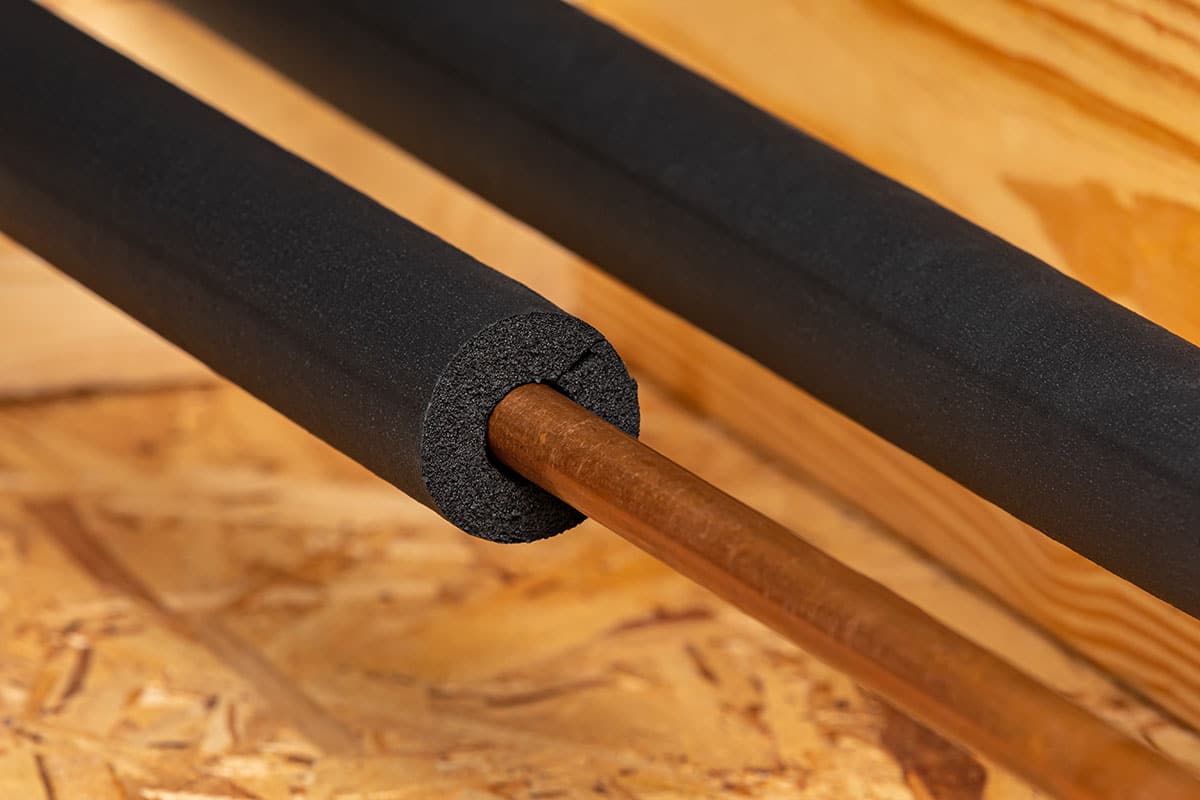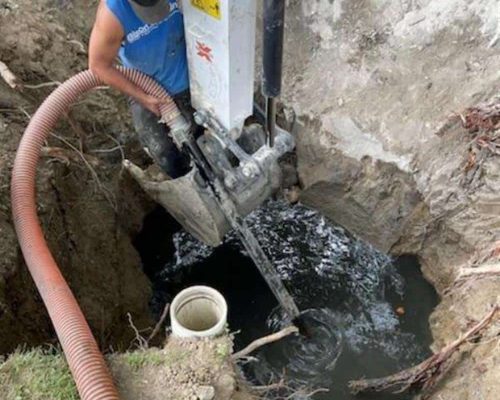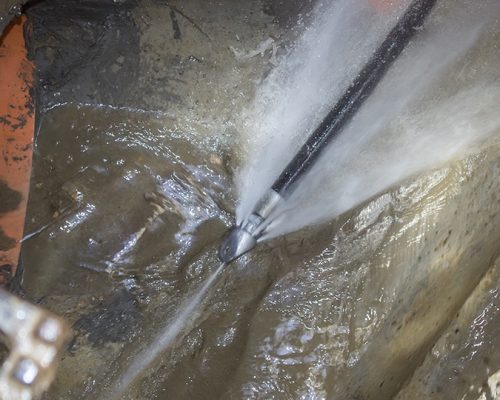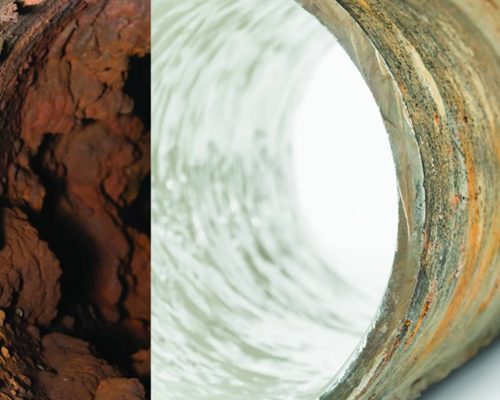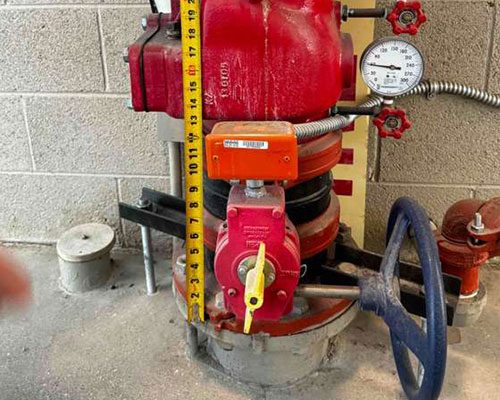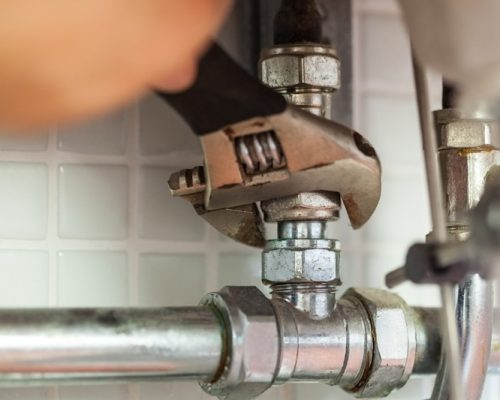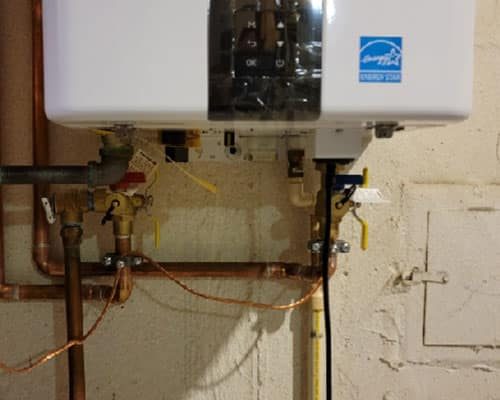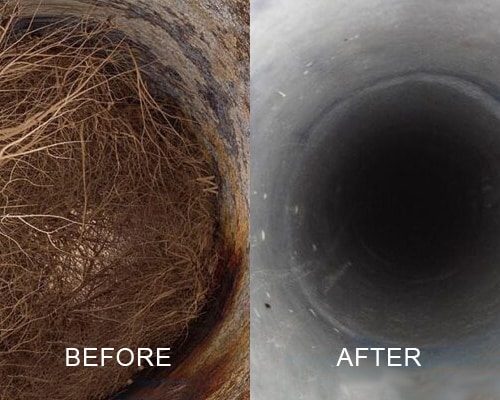While it may feel warm inside your home with the heat on or the fireplace burning, there is still a chance that the winter cold can cause problems. Especially in places like your basement or attic where insulation isn’t as strong and the walls have more contact with the cold. If enough cold seeps in to cool down your pipes, there is a chance that they burst and cause water damage. The best way to prepare your pipes for the stress of winter is by having them insulated against the how. So, how can insulating your pipes help you this winter?
Save more energy
Over time, insulating your pipes can pay for itself. The less heat that your pipes lose to the cold, the less energy it will take to heat the water inside. This will reduce your monthly energy bill, and it can lengthen the life of your water heater since it won’t have to work as hard to produce hot water for you. And from a convenience standpoint, you won’t have to wait as long before the water from your showerhead or faucet comes out hot.
Keeps pipes from freezing
The main purpose of insulating pipes is to prevent them from freezing. Not only can a frozen pipe stop the water flow and shut down a faucet or shower, but it can also burst if there is enough pressure against the frozen pipe. In this case, it’s going to cause a leak. If you don’t reach this leak quickly, the water will collect in your house and the leak could get bigger. The more water that leaks out, the higher chance there is for costly water damage. This could mean replacing possessions, having professionals restore flooring and walls, and could even mean dangerous mold that you would have to get removed.
What types of pipe insulation work best?
Depending on your budget and insulation needs, there are three kinds of pipe insulation material you should consider. The thing that usually freezes a pipe isn’t the water inside just spontaneously freezing. It’s condensation on the outside of the pipe that makes it easier for the running water inside to freeze. The condensation is a smaller amount and not moving, so it freezes first and makes the pipe cold enough to freeze the running water within.
One kind of insulation is a moisture-wicking material that will take condensing water from the pipe and direct it out to the open air where it can evaporate away. Another is glass, which envelopes the pipe, keeping in heat and keeping out condensation. These two are best for inside pipes. For outdoor or underground piping, polyurethane foam is the way to go. It’s strongly insulating and resistant to water.
Bison Plumbing | Pipe Insulation Tips
You rely on your water heater a lot during the winter, so make sure you’ve set it up for success so you don’t find yourself with only cold water when temperatures drop below freezing. If you notice any of the signs we mentioned, call Bison Plumbing right away for help. Our expert team of plumbers can figure out what’s wrong and fix it ASAP. Please don’t get stuck without hot water when you need it most! Our experts can make sure your water heater is ready for its busy season.
Get in touch with us today by calling or sending in an online contact form to schedule an appointment!
Other Related Plumbing Articles
Checking Your Sewer System
Fixing a Leaky Dishwasher
Sewer Backups
When Do You Need Hydrojetting?
Ways To Lower Your Water Bill
Winter Hot Water Problems
Backflow Prevention
When To Replace Your Sump Pump
HydroJetting
How To Know If You Need A New Hot Water Heater


